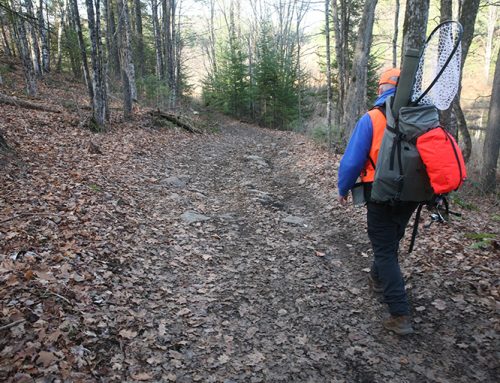 To commemorate Canada’s 150th birthday, researchers from Montreal, Vancouver, and Toronto have undertaken the Canada 150 Sequencing Initiative (CanSeq150). Their goal is to sequence the genomes of 150 of Canada’s most notable and significant species.
To commemorate Canada’s 150th birthday, researchers from Montreal, Vancouver, and Toronto have undertaken the Canada 150 Sequencing Initiative (CanSeq150). Their goal is to sequence the genomes of 150 of Canada’s most notable and significant species.
Dr. Stephen Scherer, a genome scientist at the Hospital for Sick Children in Toronto, and one of many lead researchers of the CanSeq150 project said, “Our role is to help the community fund and sequence their genomes so they can get the research done.”
Presently, the researchers are studying the lynx and snowshoe hare as they are dependent on each other. “[We] hope to understand why they developed the way they have,” said Scherer.
Philanthropic funds have provided the primary funding, which Scherer says is enough to cover the costs of the 150 genomes. He added that as technology improves, the cost declines.
All 150 species will have a definite Canadian link. For instance, Dr. Si Lok led the beaver project, which revealed the genetic blueprint of its historical development as a birthday gift for Canada.
Dr. Scherer predicts that all 150 species will be completed in three years or less.
“Genomes are the ultimate form of information. They allow us to understand ourselves and our genetic or biological history at the same time.”
The list of 150 candidates is, as yet, incomplete, however Scheerer is hoping media exposure will encourage more applications for species “of biological, historical, cultural, or economic interest” to Canada. To find out more about the project, visit www.cgen.ca or email [email protected].
Ultimately, Dr. Scherer hopes the CanSeq150 project will ensure that Canada is known as a world leader in genetic research.






Leave A Comment